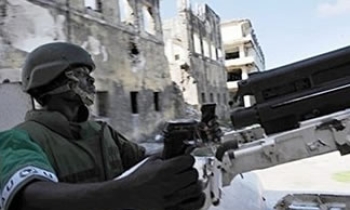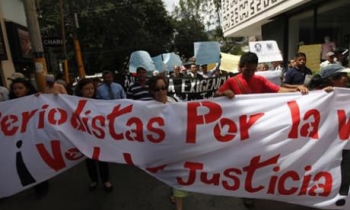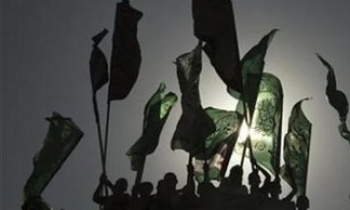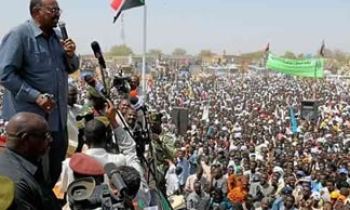A fresh spat has erupted between India and Nepal with a minister here taking exception to a statement issued by New Delhi on fresh media curbs in the Himalayan kingdom.
Radhakrishna Mainali, the minister for sports an education who was nominated by King Gyanendra after the monarch grabbed power earlier this year, came down heavily on India's ministry of external affairs, saying it was "nakedly interfering in Nepal's internal matters".
The minister was referring to a statement in New Delhi Wednesday on the new ordinance signed by the king imposing stiffer penalties for defamation and publishing material criticizing the king and the royal family as well as anything else that might be construed as abetting the Maoist insurgents or going against the interests of the nation.
The statement, circulated by the Indian embassy here Thursday, quoted the external affairs ministry spokesman as saying: "Though we have not yet seen the text of the ordinance, we understand from media reports that several additional restrictions have been imposed on the media.
"We have always believed that a free and independent press is necessary for the people to enjoy their fundamental rights and democratic freedoms. Curbs on the freedom of expression and media, which is a fundamental pillar of democracy, will inevitably be counter-productive. We hope that the ordinance would not be used to curb the freedom of expression and of the press in Nepal."
Referring to the statement in Kathmandu Friday, Mainali said it was a continuation of the interference earlier started by a team of Indian politicians who had visited Kathmandu last month at the invitation of the opposition parties.
The minister also warned the opposition parties that if they adhered to their decision to boycott the municipal and parliamentary polls announced by Gyanendra, it might lead to an undesirable situation where party-less polls took place in a country with a multi-party system.
Whether the major parties participated or not, Mainali said the government would go ahead with its plans to hold civic polls February and parliamentary polls by mid-April 2007.
Observers said the king's decision to hold elections without the parties revived the memory of the repressive panchayati regime of the 1980s headed by his brother, the late Birendra when too the king had absolute powers.
Though Birendra held elections in May 1981 as a palliative tactics to allay popular discontent, the parties boycotted the polls, resulting in 1,096 candidates contesting 112 seats.









